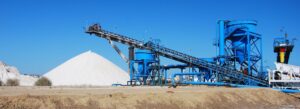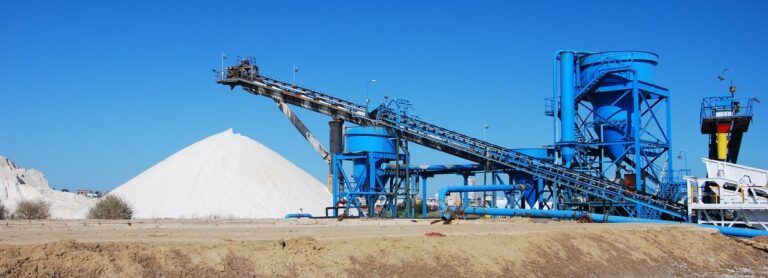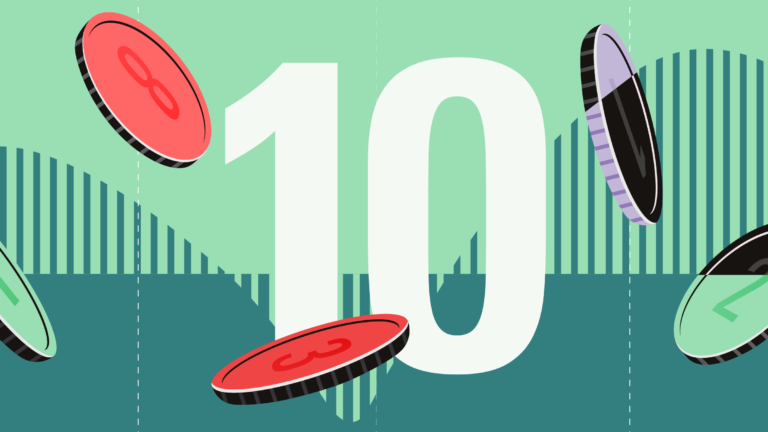As of Dec. 31, the model portfolio was worth $177,597.61, up from $151,281.40 at the end of 2023.Sébastien Thibault/The Globe and Mail
The 2024 results are in, and today I’ll be taking a deep dive into how my model dividend portfolio performed last year.
The good
When I launched the current version of the model Yield Hog Dividend Growth Portfolio on Oct. 1, 2017, my primary goal was to identify companies with long track records of raising their dividends and a high probability of continuing to do so.
The goal of the strategy, which I follow in my personal portfolio as well, is to generate a stream of cash flow that will continue to grow. Now that I am semi-retired, I can confirm that having a source of passive income that climbs steadily does wonders for one’s sense of financial security.
In 2024, all but two of the 19 companies in the model portfolio raised their dividend or distribution payouts to shareholders. The exceptions were SmartCentres Real Estate Investment Trust (SRU.UN), which has held its distribution steady since the COVID-19 pandemic hit in 2020, and South Bow Corp. (SOBO), which joined the portfolio after it was spun off from TC Energy Corp. (TRP) on Oct. 1. Both of the portfolio’s exchange-traded funds also hiked their distributions.
The growth in income since the portfolio’s inception has been dramatic. When I launched the portfolio with $100,000 of virtual money on Oct. 1, 2017, it was generating $4,094 of income annually based on dividend rates at the time. Thanks to scores of dividend increases and regular reinvestments of cash, the portfolio is now throwing off a projected $7,995 of income annually – an increase of about 95 per cent.
I’ve seen a similar percentage increase in income from my personal portfolio. The best part? I didn’t have to lift a finger to receive this extra income. The companies did all the work for me. I almost feel guilty receiving all that extra money. Not really.
The good but could be better
As of Dec. 31, the model portfolio was worth $177,597.61, up from $151,281.40 at the end of 2023. That represents a total return, including dividends, of about 17.4 per cent. Normally, I would be thrilled with such a return, but 2024 wasn’t a normal year. Driven by falling interest rates, Canada’s S&P/TSX Composite Index rose 18 per cent, or about 21.7 per cent including dividends, as technology stocks, banks and precious metals miners posted big gains. But even that paled next to the total return of 25 per cent for the S&P 500 Index of U.S. stocks, paced by Nvidia Corp. (NVDA) and other companies tied to artificial intelligence.
Am I feeling sorry for myself? Not really. I always recommend that dividend investors diversify their holdings with low-cost index ETFs that track Canadian and U.S. markets. Having done just that in my personal portfolio, I have also benefited from gains in the S&P/TSX Composite and the S&P 500.
What’s more, several of my model portfolio stocks delivered sizzling gains. Capital Power Corp. (CPX), for example, posted a total return of about 78 per cent, including dividends, driven by strong results and expectations of growing power demand from AI data centres. Among other winners, Manulife Financial Corp. (MFC) returned about 57 per cent, and Canadian Imperial Bank of Commerce (CM) nearly 50 per cent.
The bad
Sadly, the portfolio was held back by a few clunkers.
Toronto-Dominion Bank (TD) was a major disappointment. The stock price was torpedoed by revelations that Canada’s second-biggest bank had failed to stop money laundering through its U.S. branches, culminating with fines of more than US$3-billion and a cap on TD’s U.S. retail banking growth. Yet TD still came through with a dividend increase of about 3 per cent in December, preserving its status as a dividend growth stock.
The ugly
BCE Inc. (BCE) had a dreadful year, as the stock price tanked amid a growing list of investor concerns, including intensifying wireless competition and the company’s high debt load and elevated payout ratio. When it acquired U.S.-based Ziply Fiber in November, BCE said it would pause dividend increases in 2025 to help get its financial house in order. With analysts expecting BCE to eventually cut its dividend, I dropped the stock from the model portfolio and sold my personal shares.
What’s ahead in 2025?
With Donald Trump and his merry band of billionaire cost cutters, tariff lovers and crypto crusaders set to take over Washington, 2025 promises to usher in plenty of political and economic drama. My hope is that sanity will prevail, and the economy will chug along, helped by continued interest-rate easing.
How the stock market will perform is anyone’s guess. The S&P 500 is coming off a scorching cumulative total return of about 58 per cent in 2023 and 2024, so it’s possible that we’ll see more modest gains, or even a pullback, in 2025.
But, just as in 2024, I expect the vast majority of companies in my model portfolio will raise their dividends again in 2025.
E-mail your questions to [email protected]. I’m not able to respond personally to e-mails, but I choose certain questions to answer in my column.










